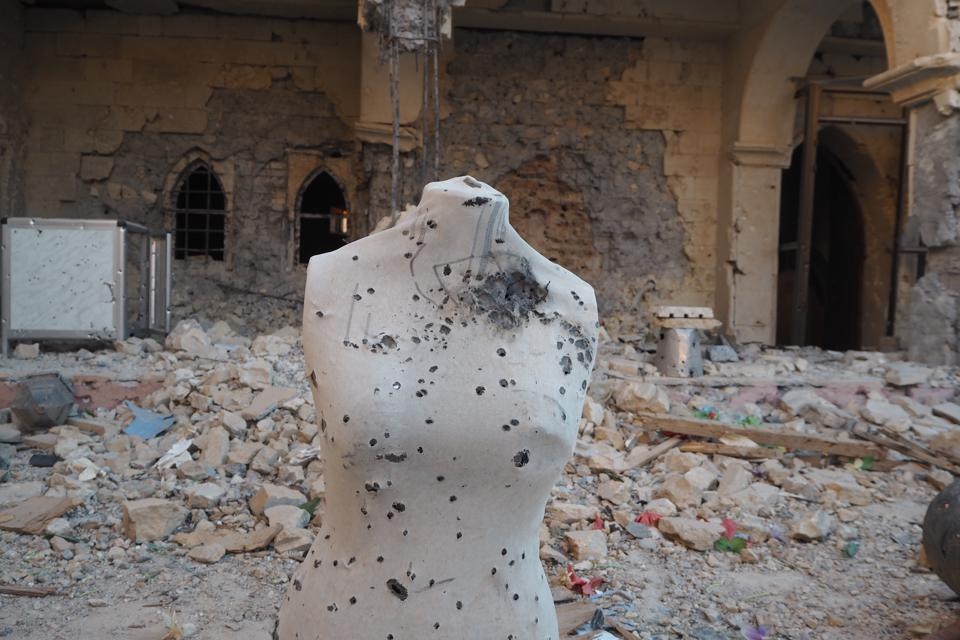
This commemoration day was adopted by consensus at the UN General Assembly on May 13, 2019 in order to condemn continuing violence and acts of terrorism targeting individuals, including persons belonging to religious minorities, on the basis of or in the name of religion or belief. This day is celebrated annually on August 22nd.
The open, constructive and respectful debate of ideas, as well as interreligious, interfaith and intercultural dialogue, at the local, national, regional and international levels, can play a positive role in combating religious hatred, incitement and violence.
Furthermore, the exercise of the right to freedom of opinion and expression and full respect for the freedom to seek, receive and impart information can play a positive role in strengthening democracy and combating religious intolerance.
It is a sad indictment of the world’s nations that over 75% of peoples are subject to harassment and violence on account of their faith or belief.
Council of the European Union:
On the International Day commemorating the victims of acts of violence based on religion or belief, we pay tribute to those who have lost their lives, who are attacked, threatened or persecuted due to their religion or belief.
Across the world, far too many are discriminated for the very essence of who they are, or for what they believe or do not believe in. Persecution targets those who manifest their religion or belief through worship and education, or those changing or leaving their religions or beliefs.
Attacks on individuals based on their religion or belief, as well as violence perpetrated under the pretext on a religious doctrine, prescription and practice, are unacceptable.
With the COVID-19 pandemic we see conspiracy theories and scapegoating of religious and belief communities, contributing to the surge of public advocacy of religious hatred that constitutes incitement to discrimination, hostility or violence. These are often early warning signs of violent attacks and other forms of human rights violations and abuses. At the same time, religious actors play a fundamental role in providing relief and social services, contributing to the global fight against the pandemic.
G20 Interfaith Forum
We need to invest more in the monitoring of acts of violence based on religion or belief globally. We need to analyze such information and be ready to act upon it with decisive steps that are not influenced by other interests. However, the prevention of acts of violence based on religion or belief must also incorporate accommodating and strengthening interfaith dialogue.
This is precisely the aim behind the G20 Interfaith Forum: To provide a platform for religious voices to identify policy initiatives that could help to accommodate and strengthen interfaith dialogue. The annual G20 Interfaith Forum aims to build a network of faith and interfaith leaders from around the world, together with non-governmental organizations and other policy leaders, to discuss the role those religious communities can play in promoting the goals of successive G20 Economic Summits. The G20 Interfaith Forum identifies the policy and societal contributions of faith traditions and philosophies on leading global issues. The aim is to develop recommendations on priority issues that draw on interfaith insight and experience.
The G20 Interfaith Forum recognizes the role religions play in responding to and preventing acts of violence based on religion or belief, whether in conflict or peacetime. Religious and faith leaders must play their role in engaging their communities on the issue and speaking up against injustices. A recent example of such joint efforts is a letter of over 75 faith leaders speaking up against the atrocities against the Uighur Muslims and calling upon states and international organizations to act and investigate the mounting evidence.
Similarly, religious and faith leaders can play an important role in accommodating an understanding that acts of violence based on religion or belief cannot be justified and so contribute to the difficult task of preventing such acts from occurring.

![]()

